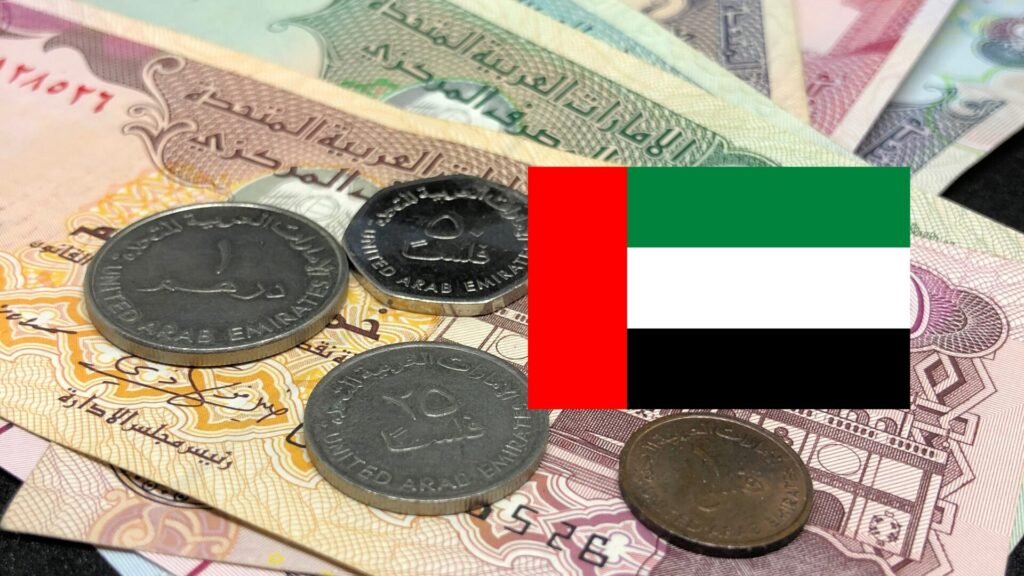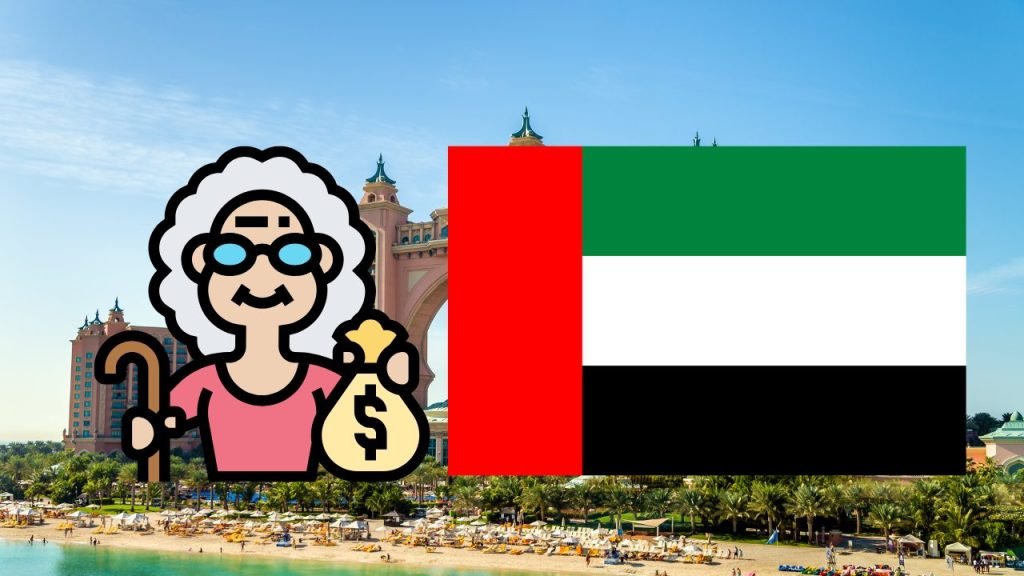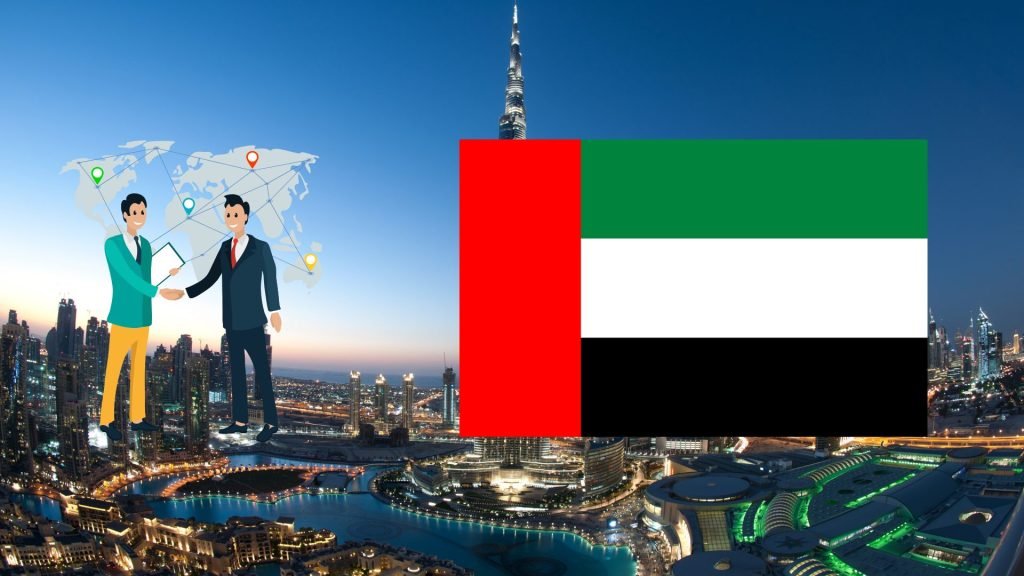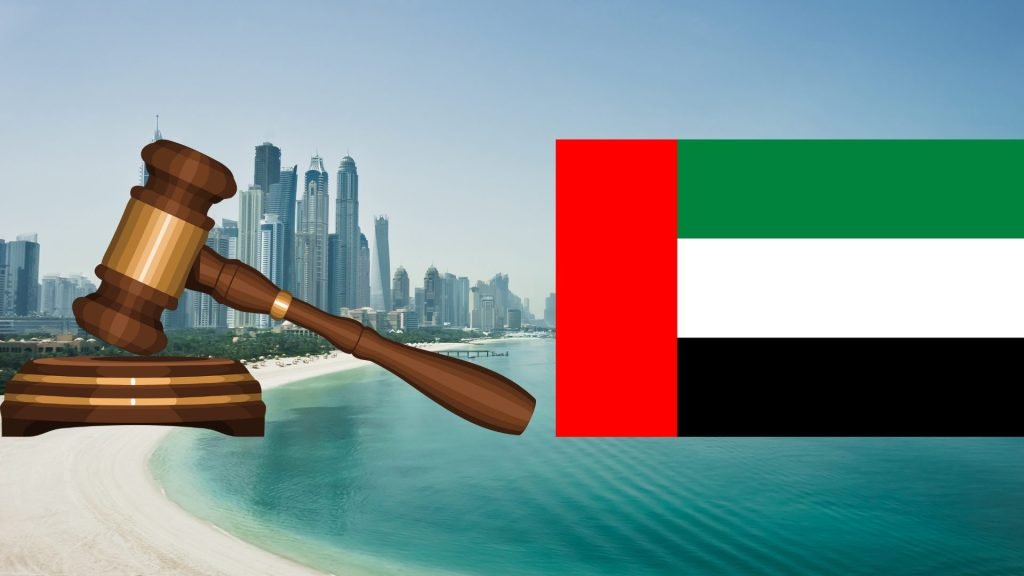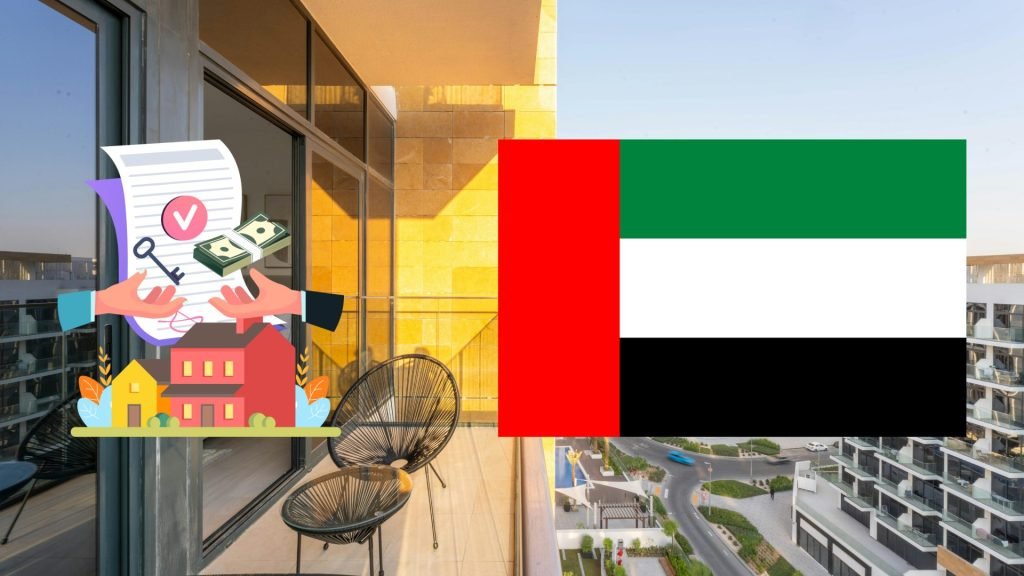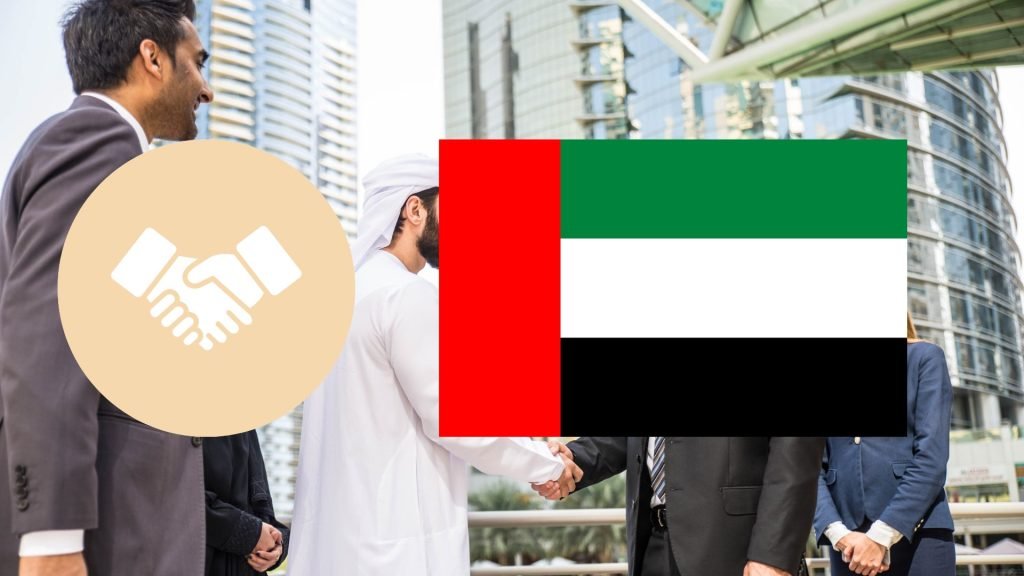Do You Want to Move to Dubai?
Are you considering emigrating to Dubai? Dubai is a popular destination for expats due to its tax-free income, luxurious lifestyle, and career opportunities. That’s why some Dutch people choose to relocate to Dubai and leave their life in the Netherlands behind.
Emigrating to Dubai requires good preparation. On this page, we will cover the basic things you need to know when emigrating to Dubai. In addition to these pages, we have other pages where we go into much more detail on all individual topics. This way, you have all the information you need easily accessible on one website.
On these pages, we broadly cover the most important matters you need to know when emigrating to Dubai. These include: visas, housing, cost of living, work, taxes, culture, and other practical matters. We have also created separate pages with detailed information on each topic.
Table of Contents
Advantages and Disadvantages of Emigrating to Dubai
You want to move to Dubai, maybe you’re already certain or perhaps you’re still a bit unsure. That’s why we’d like to list the advantages and disadvantages of emigrating to Dubai for you.
What Are the Advantages of Emigrating to Dubai?
Let’s start with the advantages of emigrating to Dubai. Dubai attracts thousands of expats annually, and for good reason. The city offers many attractive benefits for people considering emigration:
- Tax-free income: In Dubai, as an individual, you pay no income tax (0%). This can make a huge difference in your net disposable income.
- High standard of living: Dubai offers a lot of luxury. From luxurious housing to modern infrastructure and high-quality healthcare — Dubai provides a very comfortable lifestyle.
- Safety: Dubai is one of the safest cities in the world with a very low crime rate. This makes it particularly attractive for families.
- Many other expats: Around 90% of the population in Dubai are expats. This makes the city a melting pot of many cultures, resulting in a wide range of international schools, restaurants, and activities. Also, English is spoken almost everywhere because of this.
- Strategic location: Dubai is ideally located for frequent travelers. You can fly to Europe, Asia, and Africa within 6-8 hours.
- Warm and sunny: Dubai has a desert climate. Lovers of warmth and sun will get their fill here with an average of 300 sunny days per year.
What Are the Disadvantages of Emigrating to Dubai?
There are also potential disadvantages when emigrating to Dubai. Despite all the benefits, there are important considerations to keep in mind:
- High cost of living: Although income is tax-free, housing, schools, healthcare, and going out are relatively expensive.
- Restrictions on personal freedoms: The UAE is an Islamic country with strict laws regarding, for example, alcohol consumption, relationships, and freedom of expression.
- Extreme temperatures: In summer, temperatures can rise above 45 °C, with high humidity as well.
- No permanent residency: A visa is always tied to work, investment, or sponsorship. There is no path to permanent residency or citizenship.
- Cultural differences: Expats must adapt to local norms and values, which is not always straightforward.
Is Emigrating to Dubai Worth It?
Is Emigrating to Dubai Worth It? For many people yes, especially if you have a good job or see opportunities as an entrepreneur. The financial benefits, safety, and quality of life often outweigh the disadvantages. However, it’s important to prepare well and have realistic expectations of Dubai. Ask yourself: Does this lifestyle suit me in the long term?

Moving to Dubai
Taking the step to move to Dubai often begins with the practical move itself. Whether you’re moving alone or with your family, good preparation is very important. Dubai is thousands of kilometers from the Netherlands, so it’s about more than just packing suitcases. Consider shipping your household goods, finding housing, and arranging paperwork such as visas and health declarations.
What’s involved?
- International relocation: Most people choose a professional moving company experienced in relocations to the Middle East. They help with customs formalities and transport via sea or air freight.
- Import rules: Be aware of what you can and cannot bring. Some medications, for example, are prohibited in Dubai, and there are strict rules on bringing alcohol or pork products.
- Timing: Sea freight usually takes 4-8 weeks, air freight is faster but more expensive. Keep this in mind when planning your arrival.
- Bring furniture or buy locally?: Because shipping furniture is expensive, many expats choose to only bring valuable items and purchase the rest locally.
Moving to Dubai is a big challenge, but with the right help and preparation, it’s very doable. Many expats have gone before you – and with a good plan, your new life in Dubai starts much more carefree.
Want to know more about moving to Dubai? Then read: Moving to Dubai.
Visas when emigrating to Dubai
Are you emigrating to Dubai? Then you’ll need a visa first. To live and work in Dubai, you need a residence permit. There are different types of visas available, depending on your situation and goals. The most common options are:
Work Visa (Employment Visa)
- Most common visa for expats.
- Requested and sponsored by your employer.
- Validity: usually 2-3 years, renewable as long as your employment continues.
- Employer handles the application, but always double-check this yourself.
Investor and Entrepreneur Visa
- For people investing or starting a business in Dubai.
- Conditions: including establishing a company in a free zone or real estate purchase of at least AED 750,000.
- Validity: 5 years, indefinitely renewable.
Golden Visa
- Long-term visa (5-10 years).
- For highly educated, investors, entrepreneurs, or exceptional talents.
- No local sponsor needed.
- Many advantages and flexibility.
Family visa
- Expats can sponsor their family members.
- Condition: sufficient income (AED 4,000-10,000 per month) and a rental contract.
- Income requirement depends on the relationship with the sponsored person.
Retirement visa
- For expats aged 55 and over.
- Conditions: including real estate of at least AED 1,000,000 or savings of AED 1,000,000, fixed for at least 3 years.
- Alternative: sufficient pension income per month.
Want to know more about pensions in Dubai? Then read: pension in Dubai.
Remote Work Visa (for Digital Nomads)
- For remote employees with foreign employers.
- Income requirement: minimum USD 3,500 (AED 12,856) per month.
- Living in Dubai, working remotely.
Want to know more about visas? Then read: Visa in Dubai.

Housing When Emigrating
When you move to Dubai, you’ll naturally need a place to live. Here you can choose between buying a house or renting a house.
Buying a House in Dubai
Do you want to buy a house in Dubai? For expats, buying a property in Dubai is an interesting option, especially since there is no annual real estate tax. Foreigners can purchase property in specially designated freehold areas, such as Dubai Marina, Palm Jumeirah, Downtown Dubai, and Arabian Ranches.
Advantages of buying:
- Full ownership without restrictions in freehold areas.
- No annual real estate tax.
- Possibility to obtain an investor visa (for purchases from AED 750,000).
- Rising property values can provide a good long-term return.
Important considerations when buying:
- Expats usually need to have a 20-25% down payment for a mortgage.
- Financing is available from local banks, but often requires a fixed income and residence in Dubai.
- Transfer tax is often around 4% of the purchase price.
- Service charges for apartments can vary depending on the facilities and location.
For those staying in Dubai for a longer period, buying can be financially more advantageous than renting. However, it requires a serious investment and legal checks to ensure a safe purchase. Want to easily find a house in Dubai? Then contact us. Let us know your requirements, and we will connect you with the best possible real estate agent.
Want to know more about buying a house? Then read: Buying a House in Dubai.
Renting a House in Dubai
Do you want to rent a house in Dubai? If you’re planning to move to Dubai, you’ll naturally need a place to live. You could rent a house or buy one right away. The prices for housing in Dubai are as follows:
- One-bedroom apartment in the center: AED 7,500-8,000 per month
- Suburbs: AED 4,000-5,000 per month
- Villas: From AED 120,000 per year
Rental contracts are often paid annually (in a few checks). Security deposit and agent fees are usually 5% of the annual rent. Want to easily find a house in Dubai? Then contact us. Let us know your requirements, and we will connect you with the best possible real estate agent.
Want to know more about renting a house? Then read: Renting a House in Dubai.

Popular Areas to Live in Dubai
Are you emigrating to Dubai? It might be nice to live in neighborhoods where other expats live, perhaps also from the Netherlands. Popular expat neighborhoods include:
- Dubai Marina & JBR: Modern, lively, right on the coast.
- Downtown Dubai: Close to Burj Khalifa and Dubai Mall.
- Jumeirah & Umm Suqeim: Villas close to the beach, suitable for families.
- Arabian Ranches & The Springs: Villas in quiet, green compounds.
- Jumeirah Lakes Towers (JLT) & Jumeirah Village Circle (JVC): More affordable alternatives.

Cost of Living
Dubai can be relatively expensive, but salaries are also higher and there is no income tax. Some costs:
- Groceries: Comparable to the Netherlands, imported products are more expensive.
- Food & drink: Dining out ranges from AED 30 (fast food) to AED 300+ (luxury restaurant).
- Transport: Petrol is cheap (~AED 2.6/liter), public transport is inexpensive (~AED 5-7 per trip).
- Insurance: Health insurance is mandatory (~AED 5,000-10,000 per year for expats).
- School fees: International schools cost between AED 13,000 – 95,000 per year per child.
Want to know more about the costs in Dubai? Then read: Is Dubai Expensive?
Working in Dubai
Are you planning to move to Dubai to work and thus find a job? In Dubai, there is currently high demand for personnel in some sectors. Dubai is a hub for trade, technology, finance, and tourism. Highly sought-after professions in Dubai include:
- IT specialists, digital marketers, project managers
- Medical staff (doctors, nurses)
- Real estate and construction experts
- Financial and legal personnel
- Aviation and hospitality staff
Applying for jobs is done through LinkedIn, GulfTalent, and recruiters. Contracts often include housing allowances and return tickets.
Want to know more about working in Dubai? Read: Working in Dubai
Investing in Dubai
Are you planning to move to Dubai? Many people move to Dubai to start investing there. Dubai has worked hard for years to become the business hub of the Middle East. As a result, Dubai can be an attractive place to invest or to attract investors if you’re starting a business in Dubai.
Want to know more about investing in Dubai? Read: Investing in Dubai
Starting a Business in Dubai
Dubai is the business hub of the Middle East. Thanks to its strategic location between Europe, Asia, and Africa, it’s an ideal base for international trade and entrepreneurs. Add to that the good infrastructure, stable political climate, and attractive taxes – such as 0% income tax – and you understand why so many entrepreneurs choose Dubai.
Thousands of companies establish themselves in Dubai annually, ranging from startups to international corporations. Whether you want to start a tech company, consultancy, or e-commerce business, Dubai offers ample opportunities and support for entrepreneurs. The “free zones” in particular make it attractive to set up a business: here you are 100% owner, benefit from flexible regulations, and there are many other advantages for foreign investors.
Want to know more about starting a business in Dubai? Read: Starting a Business in Dubai.
Taxes in Dubai
If you’re going to work, invest, or do business in Dubai, taxes are naturally an important aspect to consider. Are you emigrating for tax benefits? Then Dubai is still the right place. In Dubai, you still pay very little tax. The main taxes in Dubai are as follows:
- 0% income tax
- 5% VAT on goods and services
- 9% corporate tax on profits > AED 375,000 (since 2023)
- No wealth tax or inheritance tax, but Sharia law applies to inheritances
Want to know more about taxes in Dubai? Read: Taxes in Dubai .

Culture and Lifestyle
When you’re emigrating, the overall atmosphere in a city is naturally also extremely important.
Many people choose Dubai as a city when they decide to move abroad. Dubai is a multicultural city with around 90% expats (88% in 2024). Despite the many expats, the culture in Dubai is still highly respected. The Islamic culture requires respect for local norms:
- Clothing: Cover shoulders and knees in public spaces.
- Alcohol: Only in licensed locations (bars, hotels).
- Behavior: No public displays of affection, coarse language, or insults (including online).
Leisure activities:
- Luxury outings, shopping malls, beaches, and desert safaris.
- Sports: golf, water sports, fitness.
- Cultural events and international festivals.
Want to read more about the laws and regulations in Dubai? Read: Laws and Regulations in Dubai.
Healthcare
Dubai has an excellent healthcare system, but expats must obtain their own health insurance:
- General practitioner: Can be visited directly without referral.
- Hospitals: Public (Dubai Hospital) and private (Mediclinic, American Hospital).
- Costs: Private healthcare is expensive, insurance is necessary.
Education
If you’re emigrating to Dubai with children, these children will naturally need a school. Because there are many expats in Dubai who have also moved to Dubai, there are also many international schools. Expats usually choose international schools in Dubai:
- British curriculum (IGCSE, A-levels)
- American curriculum (High School Diploma)
- International Baccalaureate (IB)
School choice:
- Popular schools: Dubai College, JESS, GEMS Wellington.
- Dutch-language education: LanguageOne offers after-school lessons.
The language of instruction in most schools and in Dubai is usually English. It can therefore be useful to give your child English lessons as well. This way, your child can communicate with most people throughout Dubai. Additionally, Arabic is of course spoken in Dubai, but due to the large number of expats, this is rarely necessary.

Practical matters when emigrating to Dubai
Are you planning to move to Dubai? Then there are also some handy practical matters you should know about Dubai. Lastly, there are some practical things that are useful to know if you’re considering moving to Dubai.
- Climate: Very hot in summer (50+°C), pleasant in winter (20-30°C).
- Safety: Dubai is very safe with low crime rates.
- Transportation: Metro and taxis are affordable; many expats buy or rent a car.
- Banking: Emirates NBD, HSBC, and ADCB are popular banks.
- Legislation: Strict rules for drugs, public order, and social media.
Additionally, we have covered almost every category on our website that might be necessary when emigrating to Dubai.
For more general information about Dubai? Check out the category: information Dubai.
Frequently Asked Questions
Dubai offers many advantages for expats, including tax-free income, a high quality of life, a safe environment, and an internationally oriented economy with many career opportunities. The weather is warm year-round, and the infrastructure is modern and efficient. In addition, there are excellent healthcare and educational facilities.
To move to Dubai, you need a valid visa. This can be a work visa (through an employer), an investor visa (for real estate or business investments), a family visa (through a sponsored family member), or a retirement visa. The process usually includes a medical examination, registration for an Emirates ID, and a visa stamp in your passport. Make sure your finances and housing are well arranged before you move.
Dubai is an attractive place to live due to its high quality of life, tax benefits, and safe, clean, and modern environment. Dubai offers a great work environment, luxurious accommodations, world-class entertainment, and a diverse, international community. The city also offers a wide range of leisure activities, from beach and desert activities to luxury shopping and cultural events.
